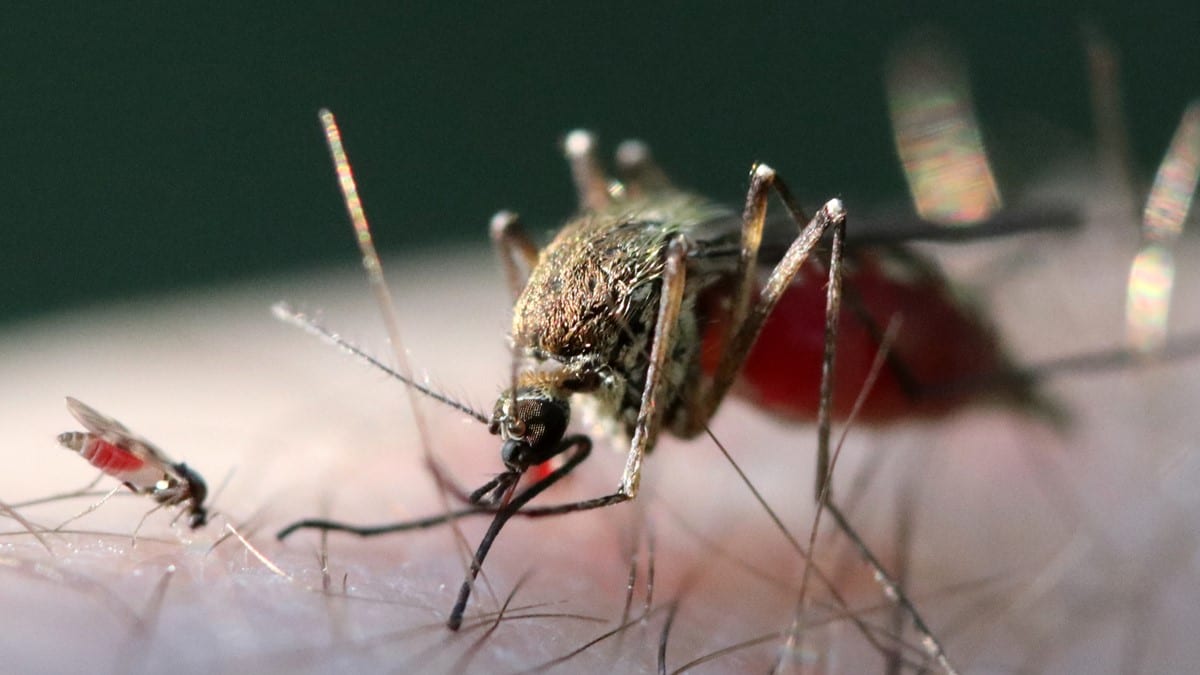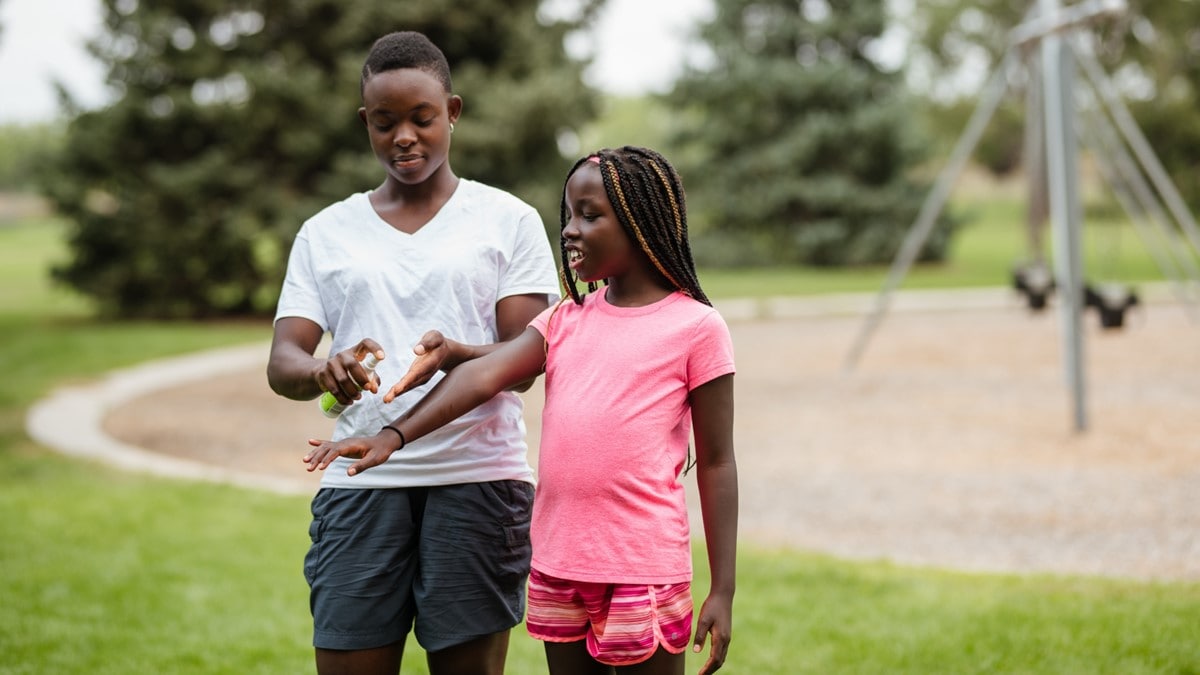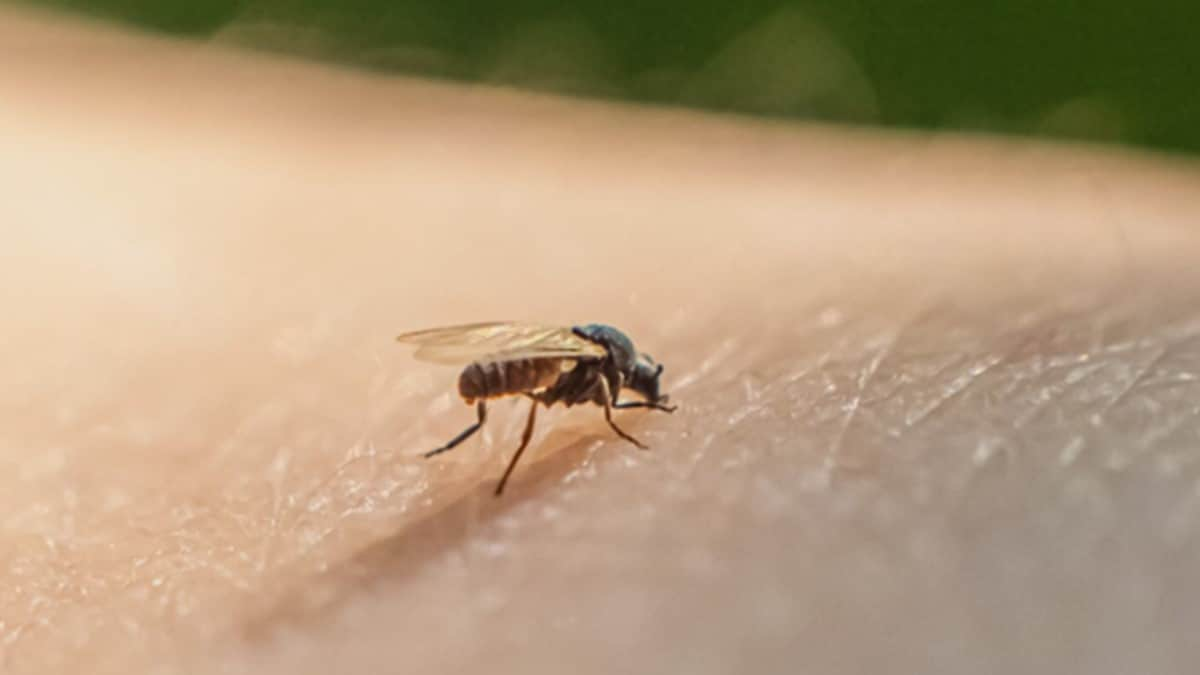Key points
- From late 2023-2024, outbreaks of Oropouche virus disease (Oropouche) have been reported in several countries in South America and the Caribbean.
- Travel-associated cases among U.S. residents have been reported, but local transmission has not been detected in the United States.
- Oropouche virus is spread to people by the bites of infected biting midges. Some mosquitoes can also spread the virus.
- Travelers to affected areas should protect themselves from bug bites.
- Pregnant women should avoid non-essential travel to areas with a Level 2 Travel Health Notice for Oropouche.

Why Oropouche is of concern
- Oropouche virus is an emerging virus in the Americas. The virus is spread to people by infected biting midges and some mosquito species.
- Oropouche is occurring outside the Amazon basin in areas where it hasn't previously been found.
- Several deaths have been reported in people with Oropouche.
- Infection during pregnancy has been associated with fetal death and possible birth defects.
Oropouche in pregnancy
- Oropouche virus can spread from a pregnant woman to their fetus.
- This type of spread has been associated with poor pregnancy outcomes such as fetal deaths, stillbirths, and birth defects.
- The risk of an infected pregnant woman passing the virus to their fetus is not currently known.
- CDC is working to understand the potential risks of Oropouche during pregnancy and will share updates as we learn more.
Possible sexual transmission
It is possible that Oropouche virus might spread through sex, but it has not yet been reported. Until we know more, CDC has recommendations for travelers to areas with a Travel Health Notice for Oropouche to prevent possible spread through sex.
Likelihood of spread to United States
Continental United States
- Although the likelihood of Oropouche spreading widely in the continental United States is low because of differences in climate, types of biting midges and mosquitoes, and lifestyles (such as the use of air conditioning), some cases may occur in limited areas.
- CDC continues to evaluate the possibility of spread in the continental United States and we will update as we know more.
U.S. territories, such as Puerto Rico and U.S. Virgin Islands
It is unknown how widely Oropouche virus could spread in Puerto Rico and U.S. Virgin Islands.
What you should do
- You can take measures to protect yourself by preventing mosquito and other insect bites.
- Use Environmental Protection Agency (EPA)-registered insect repellents.
- Wear loose-fitting, long-sleeved shirts and pants.
- Wear clothing and gear treated with permethrin.
- Control biting insects in and around your home.
- Travelers to the Amazon basin in South America, and areas of the Caribbean should review country-specific travel recommendations, health notices, and warnings.
- Travelers to areas with Oropouche should use prevention measures to avoid biting midge and mosquito bites during travel and for 3 weeks after travel to prevent additional spread of the virus into unaffected areas in the United States.
- Follow recommendations to prevent possible spread through sex.
If you're a pregnant traveler
- Talk to your healthcare provider about travel plans, why you're traveling, steps to prevent insect bites, and potential risks.
- If you're pregnant and considering travel to areas with a Level 2 Travel Health Notice for Oropouche, reconsider nonessential travel.
- If you must travel, strictly follow steps to prevent insect bites during travel.
What CDC is doing
- Working with state public health and international partners to enable rapid disease detection and surveillance of Oropouche, which will guide prevention measures.
- Providing guidance to state and local public health departments on how to respond to cases that might be identified in the United States or its territories.
- Assisting health departments and medical practitioners with clinical consultation and testing for suspected Oropouche cases.
- Developing and validating new tests for diagnosing Oropouche.
- Working with other federal and state agencies to learn more about the insects that spread Oropouche.
- Funding research in Florida to inform regional capacity to prevent and respond to Oropouche by conducting vector competence studies on local potential vectors using virus strain currently circulating in Cuba.
- Funding communication research to help learn what questions people have about Oropouche.
- Sharing information with partners such as clinicians, public health departments, and community organizations through newsletters, websites, and partner calls and meetings.
- Keeping the public informed through CDC websites and social media platforms as information about Oropouche evolves.
- Updating CDC's Travel Health Notices as new information becomes available.
- Providing clinical consultation and guidance for healthcare providers and tracking the impact of Oropouche virus on pregnant women and infants.
See also
- Photo of midge (left) and mosquito (right) by Dunpharlain.




